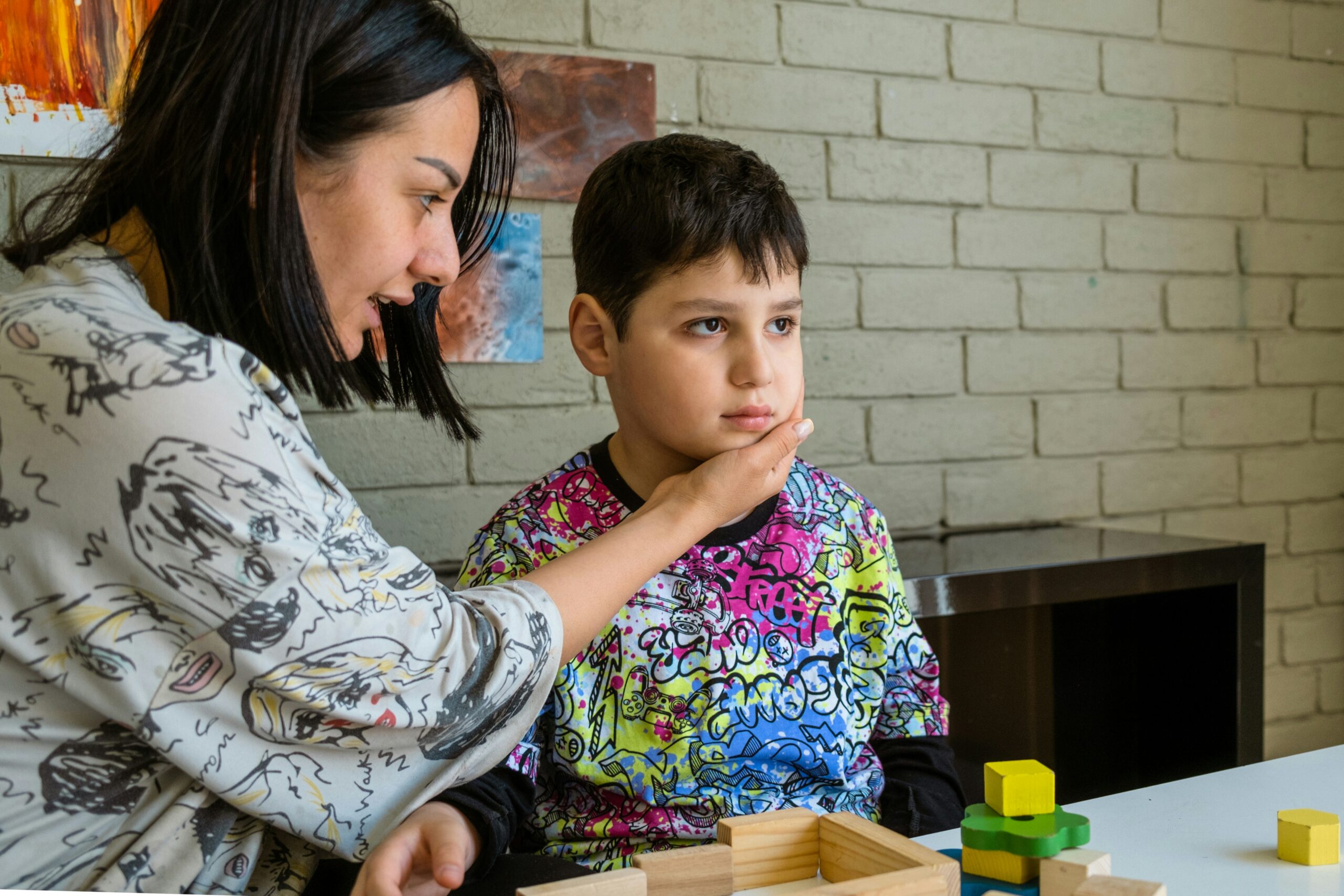
Mental Health in Children: Signs Parents Should Watch For
Recognizing the subtle signs of mental health issues in children can be a challenging yet crucial aspect of parenting. As awareness around mental health grows, understanding the indicators of potential concerns in children is becoming increasingly important for parents.
Mental health in children is a topic that requires careful consideration and attention. Parents play a pivotal role in identifying early signs that may indicate their child is struggling. According to the American Academy of Pediatrics, approximately 1 in 5 children in the United States experience a mental health disorder each year. This statistic underscores the importance of parental vigilance.
Understanding Common Signs
Children may not always express their feelings clearly, and mental health issues can manifest in various ways. Some common signs include persistent sadness, withdrawal from activities, changes in eating or sleeping patterns, and difficulty concentrating. For instance, a previously outgoing child becoming isolated may signal underlying issues.
Expert Insights
Dr. Lisa Damour, a clinical psychologist, emphasizes the importance of parents trusting their instincts. “If you feel something is off with your child, it is worth exploring,” she advises.
Real-Life Example
Consider the case of Clara, a vibrant ten-year-old who suddenly lost interest in her favorite sports and hobbies. Her parents noticed increased irritability and changes in her sleep patterns. By consulting a professional, they discovered she was dealing with anxiety, prompting early intervention that made a significant difference.
Actionable Steps for Parents
- Maintain open communication: Encourage your child to share their feelings without fear of judgment.
- Monitor changes: Keep an eye on any significant shifts in behavior or mood.
- Seek professional help: If concerns persist, consult a pediatrician or child psychologist.
- Educate yourself: Resources such as the Child Mind Institute offer valuable insights into children’s mental health.
Establish a routine: Consistent daily schedules can provide children with a sense of security and stability, which is beneficial for mental well-being.
Resources and Support
There are numerous organizations and websites offering guidance and support for parents concerned about their child’s mental health. Websites like Child Mind Institute provide comprehensive resources.
| Signs | Possible Indications |
|---|---|
| Persistent Sadness | Depression |
| Withdrawal | Anxiety or Depression |
| Changes in Eating | Eating Disorders |
| Sleep Pattern Changes | Stress or Anxiety |
| Difficulty Concentrating | ADHD or Anxiety |
| Irritability | Stress or Mood Disorders |
| Frequent Complaints of Physical Symptoms | Anxiety |
| Decline in Academic Performance | Various Mental Health Issues |
FAQ
What should I do if I suspect my child has a mental health issue?
It’s important to consult with a healthcare professional who can provide a proper assessment and guidance for next steps.
How can I support my child’s mental health at home?
Creating a supportive environment, encouraging open communication, and maintaining a routine can positively impact your child’s mental well-being.
Conclusion
Parents have a unique and important role in recognizing potential mental health issues in their children. By staying informed and attentive, and by seeking professional advice when needed, parents can ensure their children receive the support they need to thrive. Taking proactive steps can make a significant difference in a child’s mental health journey.